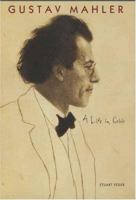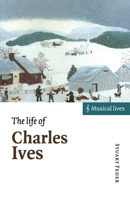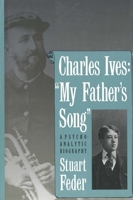Psychoanalytic Explorations in Music (Applied Psychoanalysis Monograph Series)
Select Format
Select Condition 
Book Overview
No Synopsis Available.
Format:Paperback
Language:English
ISBN:0198261969
ISBN13:9780198261964
Release Date:January 1990
Publisher:Clarendon Press
Length:164 Pages
Weight:0.55 lbs.
Dimensions:0.4" x 6.4" x 8.6"
More by Stuart Feder
Customer Reviews
3 customer ratings | 3 reviews
There are currently no reviews. Be the first to review this work.























